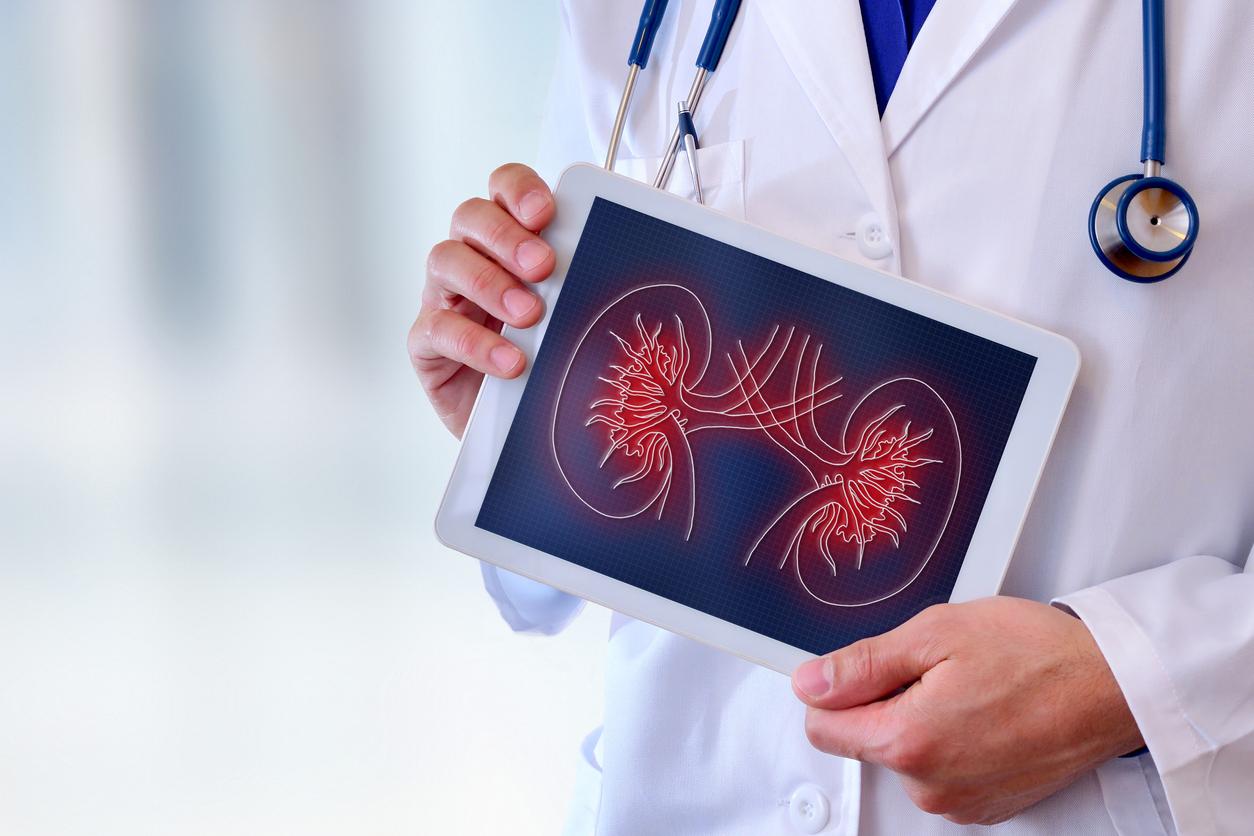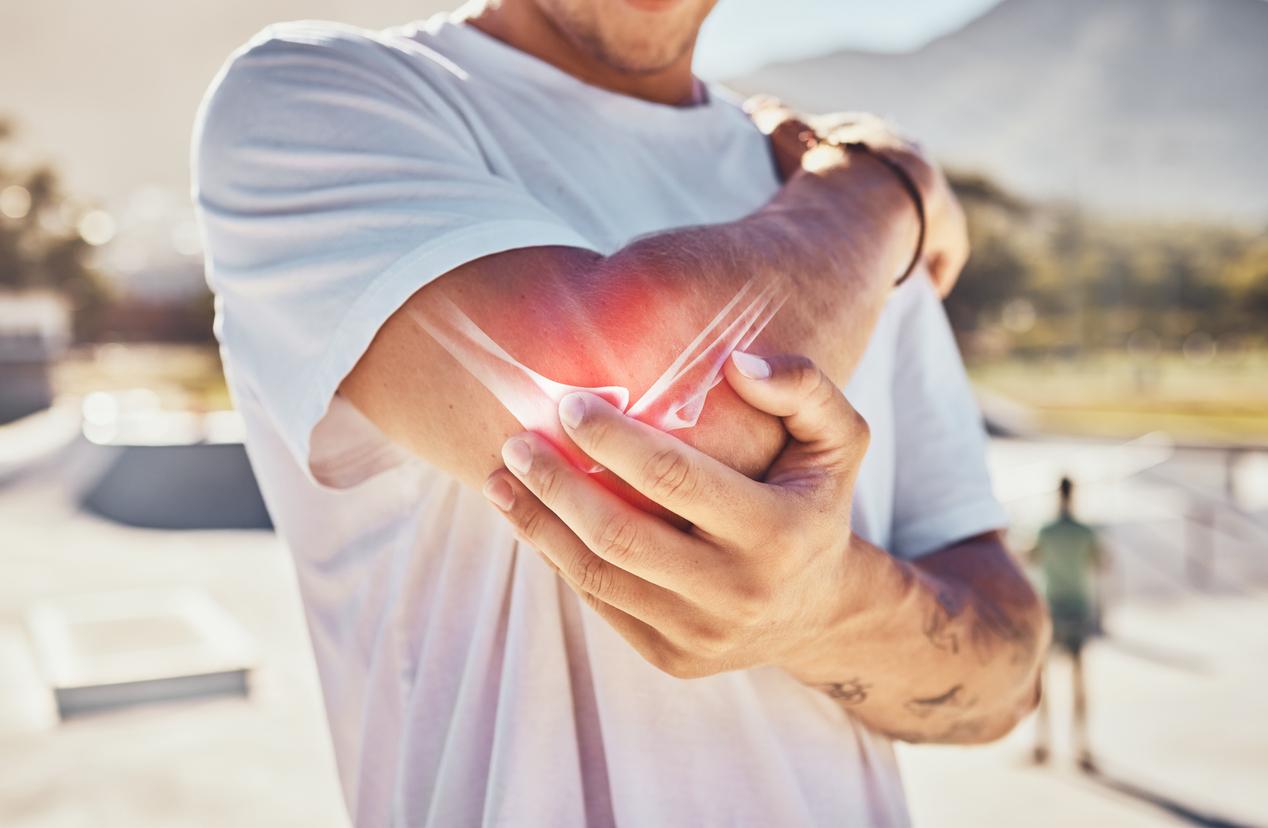March 19, 2003 – Hormone therapy would not improve vitality, memory, mental health, sleep or even sexual pleasure in postmenopausal women.
This conclusion is drawn from the Women’s Health Initiative, the same study that last year warned that the health risks associated with hormone therapy were greater than the protection that comes from it.
Researchers from Bayor1 University specify this time that hormone therapy did not significantly improve the quality of life of the women who submitted to it. The only exception: Younger women would have received partial relief from hot flashes and night sweats that prevented them from sleeping, but only during the first year after menopause.
Hormone therapy would also interfere with the benefits of ipriflavone (soy) supplements. For example, researchers2 at Oklahoma State University claim that these supplements help fight osteoporosis in postmenopausal women, especially those who do not undergo hormone therapy. The researchers detected in the latter less excretion of calcium in the urine and increased signs of osteogenesis.
For their part, researchers from Harvard University3 found that in women who undergo hormone therapy and drink more than five cups of coffee per day, the risk of developing Parkinson’s disease increases by 150%.
However, in women who drink less than half a cup of coffee daily and receive hormone therapy, this risk drops by 65%.
Jean-Benoit Legault – PasseportSanté.net
According to Reuters Health, Washington Post and drkoop.com, March 18, 2003.
1. Hays J, Ockene JK, Brunner RL, Kotchen JM, Manson JE, Patterson RE, Aragaki AK, Shumaker SA, Brzyski RG, LaCroix AZ, Granek IA, Valanis BG. Effects of Estrogen plus Progestin on Health-Related Quality of Life.N Engl J Med 2003 Mar 17; [epub ahead of print] [Consulté le 19 mars 2003].
2. Arjmandi BH, Khalil DA, Smith BJ, Lucas EA, Juma S, Payton ME, Wild RA. Soy protein has a greater effect on bone in postmenopausal women not on hormone replacement therapy, as evidenced by reducing bone resorption and urinary calcium excretion.J Clin Endocrinol Metab 2003 Mar; 88 (3): 1048-54. [Consulté le 18 mars 2003].
3. Ascherio A, Chen H, Schwarzschild MA, Zhang SM, Colditz GA, Speizer FE. Caffeine, postmenopausal estrogen, and risk of Parkinson’s disease.Neurology 2003 Mar 11; 60 (5): 790-5. [Consulté le 18 mars 2003].















